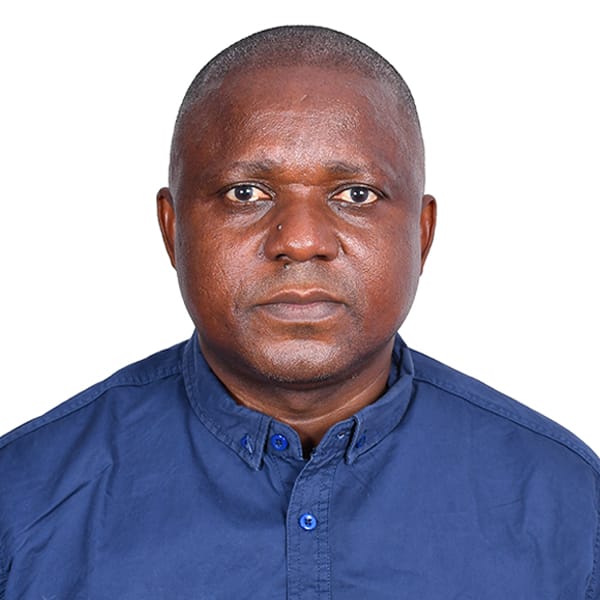
It seems we are back to high-level radicalisation of the youth in the country as we scale up the politics of the country.
While at it, our leaders, including senior public officers and politicians, are by default playing a role in the escalation of tensions in the country by participating and sounding warnings that the country might be drifting towards the brink of the precipice.
Other than the President, some leaders ought to slow down in public engagements with citizens on governance issues and altercations amongst themselves on simple matters.
For any developments to
happen, duty bearers must thicken their skins, listen more and talk less-
that’s the sacrifices that come with working in and for the public service.
Government communication must be reshaped and be made very relevant, for most of the public engagements of our leaders, even when on development tours across the country, seem stuck on political communication, which leave citizens not sure why the visits.
Those in charge of these visits and related messaging ought to be a bit thorough in their preparations and do due diligence on the projects.
Outside of the fact that some of the discussions center on matters of development and budget allocations, it’s also seen as a lack of preparedness when leaders from sections where the development tours and public engagements visit the state house on claims that they are seeking development.
This charade seems to ignite agitation among the public and creates the feeling of deception that seems to be gripping the country.
Streamlining government communications, which required training of cabinet and principal secretaries, public communication officers, the purchase of critical infrastructure, and a working formula for formally engaging with citizens and the media, has been delayed.
However, I am sure lessons have been learned, and attention is being given to structured and targeted engagement with both traditional and new media.
Why would Governors not seek and push for money to the counties through improved allocations and disbursements through the CoG, and individually be seeking resources from state House, or MPs, seeking resources through the Parliamentary budget making processes, but opt to seek such from State house?
The politics of extremism and direct confrontation that is building up across the country as we see leaders, both religious and political, throwing jabs at each other while Kenyans, as they gradually become emotionally charged, are cheering on is worrying.
While the ongoing political processes are healthy and within the human rights of people in democracy, caution is necessary especially looking at the history of our country ascendancy to the presidency is a matter of life to death to voters. The politics of its either me or you look dangerous for the country.
We might just need to disengage from these mass high-charged political engagements and stop the temptations of pushing Kenyans from the various political and generational divides, cheering on without caring about the outcome of the polarization.
The cheering crowds are growing in numbers and blindly following their political masters at the risk of pushing the country to the edges.
The online warriors are growing, and the
political speeches become emotive and insulting, creating an environment less
conducive for development and constructive national debates.
As we work on emerging the cheering of the political feuds in the country and creating a stage for violent extremism on the political front, other people, including public officers and civil servants, the private sector, religious leaders and professional,s are being drawn into the cast.
How will critical national issues such as enactment of the electoral laws that remained incomplete including the campaign financing, now the boundaries demarcation and related happen in such a polarized environment?
While the absence of physical violence in Kenya thus far is great, I am not sure the ongoing hate and angry exchanges online by Kenyans- at each other and amongst each other- over sometimes very mundane and sometimes serious national issues deserve mention and attention.
We need to de escalate tensions in the country, and embrace dialogue, even if not on the division of resources.
Let’s streamline communication and messaging by those in authority, give citizens the information they need and not necessarily what they want to hear.
Victor Bwire is the Director, Media Training and Development at the Media Council of Kenya









